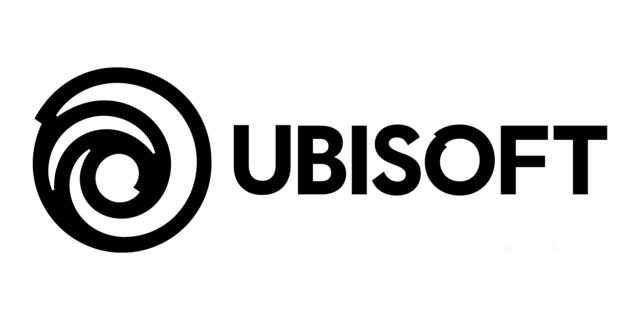Blockchain based video-games distribution platform Ultra has revealed a new partnership with French developer and publisher Ubisoft, via a press release published on November 21st, 2019 at gamesindustry.biz.
Ubisoft has been announced as the first “major gaming company” to join the Ultra ecosystem and put its name against the UOS blockchain, in addition to becoming one of its ‘corporate block producers’.
The gaming giant’s involvement has been only stipulated as being part of the UOS testnet “trial” as of yet, and it is not known how (or whether) this relationship will continue after this period.
A major player in the video-games industry, Ubisoft has offices located across the world and earned a revenue of 2,029.6 million euros in 2019, according to Statista. Compared to 1,731.9 million euros in 2018.
Block producers like Ubisoft are responsible for the validation of transactions,
“These transactions will include, for instance, in-game assets creation, ownership transfers between players, or payments…
It is crucial for Ultra to onboard block producers who have both an interest and the capabilities to grow this new ecosystem, on top of being able to complete their technical validation task.”
Ultra, Press Release
Ultra is described by its creators as a “next generation games distribution [and publication] platform that offers news solution to both developers and players”. It promises to create a “fair ecosystem” by reducing the number of parties required to facilitate transactions between developers and users / players.
Additional developers and producers whose involvement has been advertised include Bethesda, BioWare, 343 Industries, and Bandai Namco.
“Since Ubisoft is already a leader in the games industry and shows commitment to probe blockchain as a viable technology for games, we are very excited to be announcing our first cooperation of this kind with them…
Ubisoft’s rich portfolio of world-renowned brands, including Assassin’s Creed, Just Dance and Far Cry, is a testament to their dedication to creating quality content for all, and their years long dedication to exploring blockchain technology ensures they have the knowledge and skills to be excellent block producers.”
Nicolas Gilot (Ultra, Founder and co-CEO)
The concept of digital currency has existed within electronic video games in various interpretations since their inception as a commercial entertainment medium.
In arcades, popular in the 1980s, literal currency (coins denominations of fiat) was traded for virtual ‘credits’ or ‘lives’ / ‘rounds’. The concept can be traced earlier to the idea of trading real life money for ‘chips’ in gambling games, and later evolved into automated electric machines: from slot and pachinko machines, to non-gambling ventures like pin-ball machines.
Home computer games evolved to enable virtual representations of reality, seeing virtual currencies usable by characters in fictional in-game stores – with some games, like MMORPGs, having their own ecosystem.
This evolved into virtual currencies used by stores provided by Apple (iTunes), Xbox (Marketplace), Playstation (PSN), etc – where customers traded cash for virtual currencies that could be used to purchase add-ons and extensions to their products… then adapted by the publishers of games themselves attempting to make ‘games-as-a-service’ platforms.
So far, these are non-fungible and thus escape the ire of financial regulators (outside of loot-boxes). This may change if a company were to seek a token tradable between games, or potentially worse, between users and outside the closed entertainment ecosystem.
Another related concern which links these two concepts are loot boxes: lucky dip style purchases which can be redeemed with such virtual currencies – which give purchasers the chance of winning a non-fungible virtual entertainment accessory. These have been condemned by critics for predicating upon vulnerable adults and children.
Such as their inclusion in products marketed to families (such as Fifa, sports games), and taking advantage of opt-out “one-click purchase” features integrated into home systems and mobile device ecosystems.
“Our team at the Strategic Innovation Lab strongly believes that all blockchain use cases that bring value to players are important to support, and Ultra offers a solution that does just that. During this first trial period of collaboration, we hope to help them in bringing it to a larger scale and experiment with the possibilities this opens up for the industry.”
Nicolas Pouard (Ubisoft, Blockchain Initiative Director)
In recent news pertaining to video games and blockchain: Marc Merrill, the co-founder of Riot games (developer of computer-game hit League of Legends), was reportedly ‘defrauded’ of $5 million in a cryptocurrency-related case.




